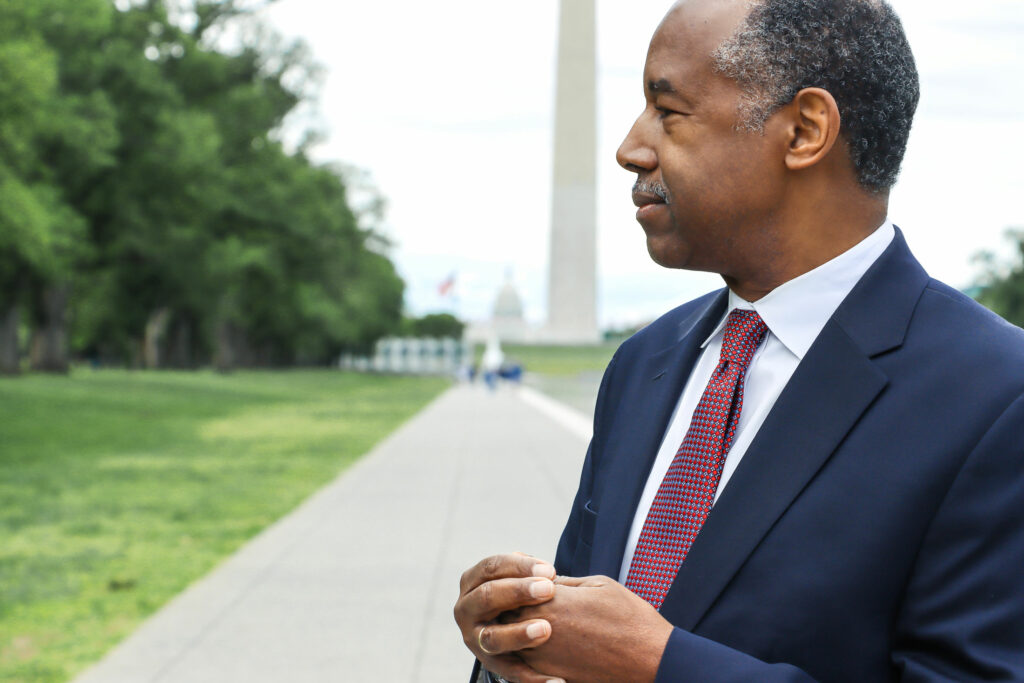 The idea of combining multiple regions together to create a larger economic force is not a new concept by any means. However, statements from Russian Duma Deputy Chairman Alexander Babakov has caused intrigue and sparked a fear of global de-dollarization. At a recent international economic forum Babakov stated that the BRICS alliance (Brazil, Russia, India, China, and South Africa) is working on creating its own currency, in an obvious attempt to usurp the U.S. dollar. Brazilian President Lula went on to share that same sentiment in no uncertain terms, calling for an end to the dollar’s dominance in international trade. He went on to say, “Every night, I ask myself why all countries have to base their trade on the dollar.”
The idea of combining multiple regions together to create a larger economic force is not a new concept by any means. However, statements from Russian Duma Deputy Chairman Alexander Babakov has caused intrigue and sparked a fear of global de-dollarization. At a recent international economic forum Babakov stated that the BRICS alliance (Brazil, Russia, India, China, and South Africa) is working on creating its own currency, in an obvious attempt to usurp the U.S. dollar. Brazilian President Lula went on to share that same sentiment in no uncertain terms, calling for an end to the dollar’s dominance in international trade. He went on to say, “Every night, I ask myself why all countries have to base their trade on the dollar.” As things currently stand, the dollar is the dominant force in global trade and used in 84 percent of cross border transactions, compared to the Chinese Yuan at only 4 percent. But when you take a look at the burgeoning BRICS’ nations, it becomes clear that there is strength in numbers. The five BRICS countries recently surpassed the G-7 as the top contributor to global GDP at 31% (the G-7 nations fell to 30%).
If the BRICS currency comes together as planned, it could dislodge the dollar as the standard bearer currency for global trade. This is exactly what our adversaries are pining for. Each of the BRICS nations are major economic heavyweights in their own regions, if the new currency is adopted it would certainly be used predominantly across the globe, meaning an uncertain future for the strength of our dollar.
The relative value of currencies can make a lot of difference when countries buy and sell their goods abroad. When the value of the dollar is strong, Americans have more purchasing power abroad, but American exports are also relatively expensive for other countries to purchase. When the dollar is weaker, it buys fewer imported goods and makes American exports relatively cheap for foreign buyers, which spurs exports.
Countries like China and others have tried to game the system by weakening their currencies to lift exports, holding down the value of their own currencies to speed up domestic economic development.
China uses various malign economic tactics to increase its position across the world. One of their most notable is currency manipulation, for which they were labeled a currency manipulator in 2019. According to the Treasury Department, China has “a long history of facilitating an undervalued currency” and has taken “concrete steps to devalue its currency”.
If the BRICS currency becomes a reality, the world cannot allow it to become the standard for global trade. Practices like currency manipulation prove that the Chinese and others are not good faith actors on the world stage, and will cheat, lie, and steal on their climb up the ladder to power. Their primary goal is to destroy the United States and supplant themselves as the global economic hegemon — and replacing the U.S. dollar as the world-reserve currency is a major step in that direction.

